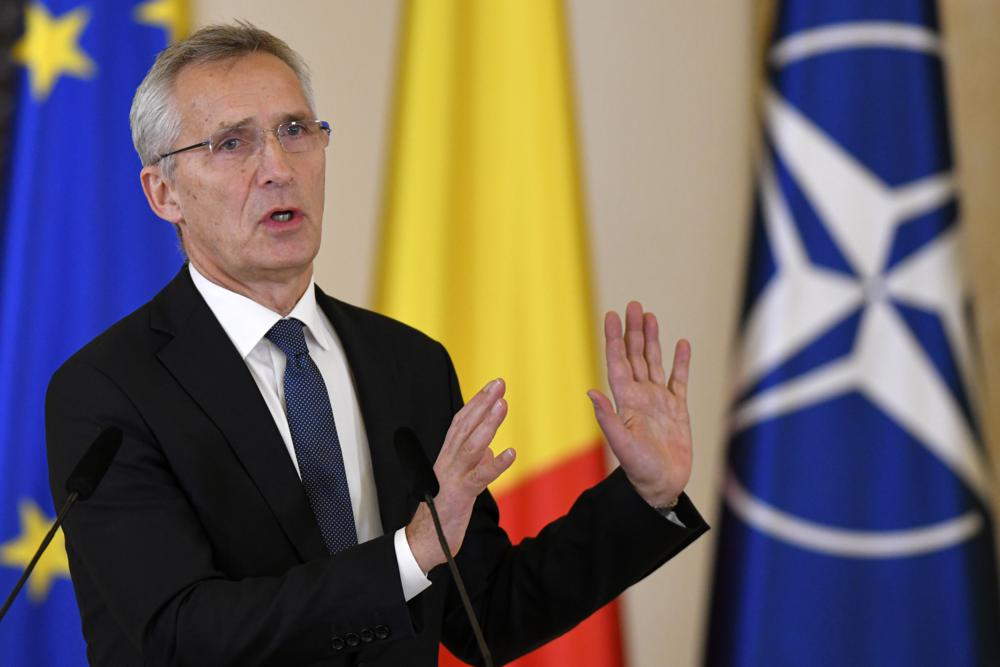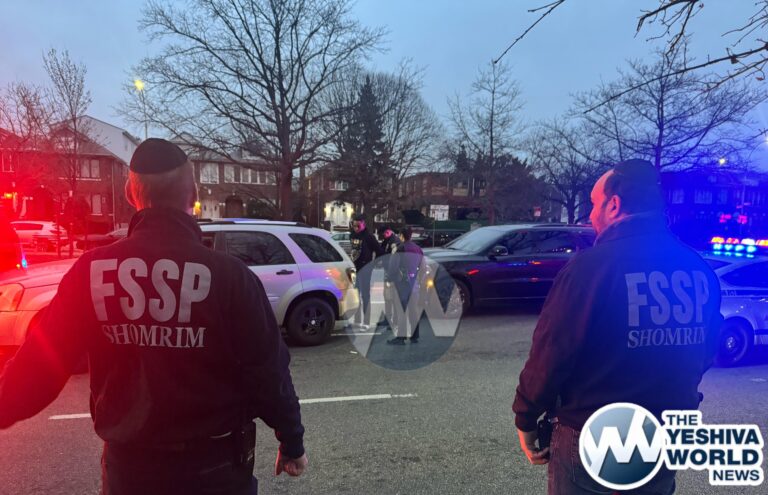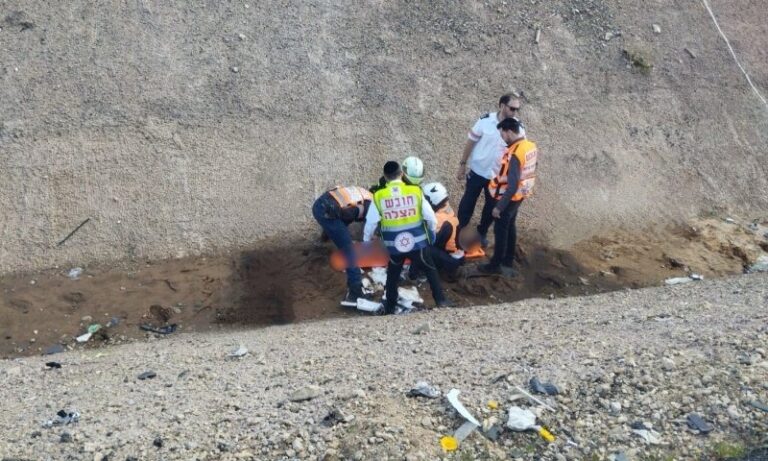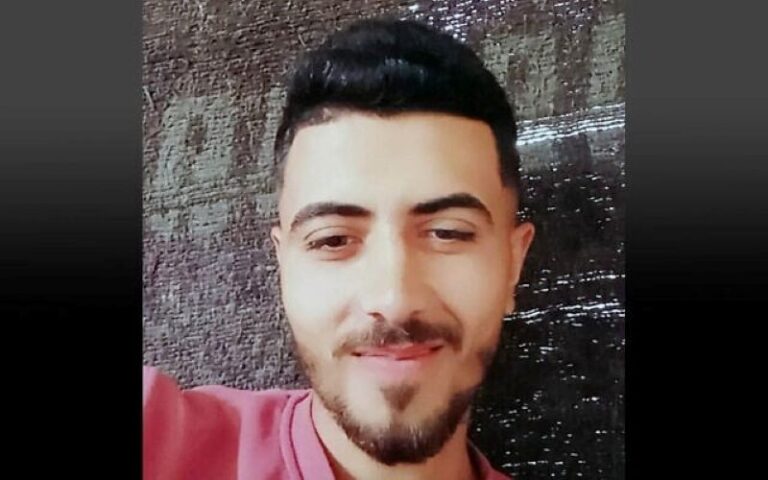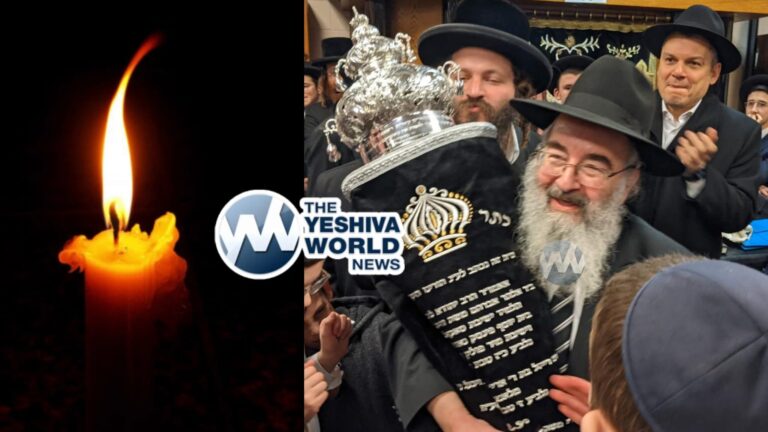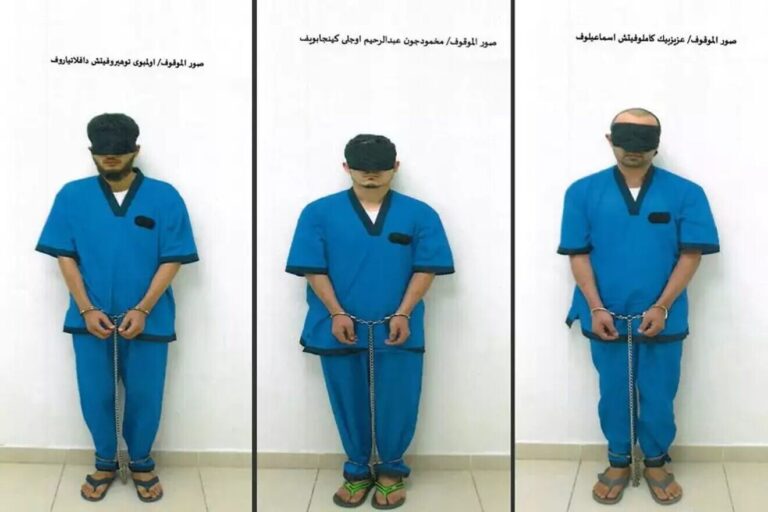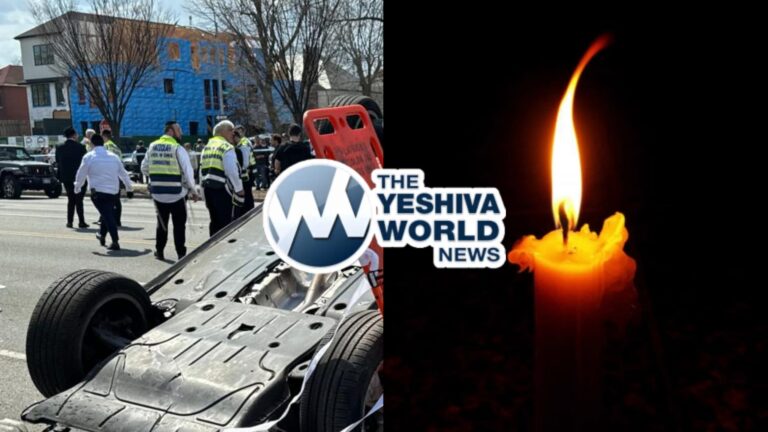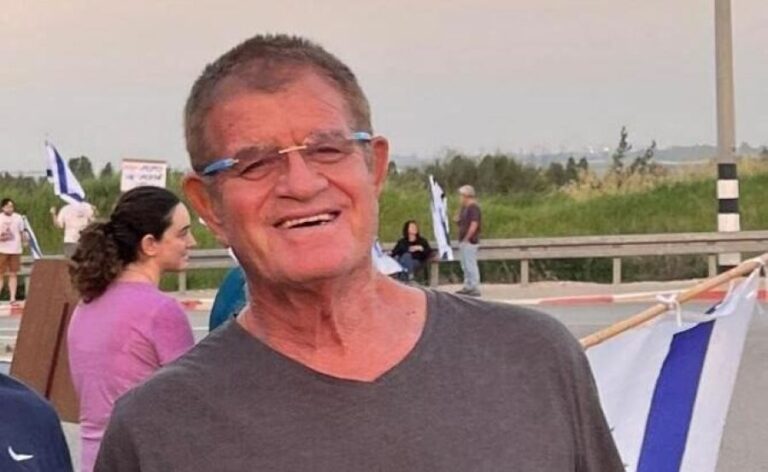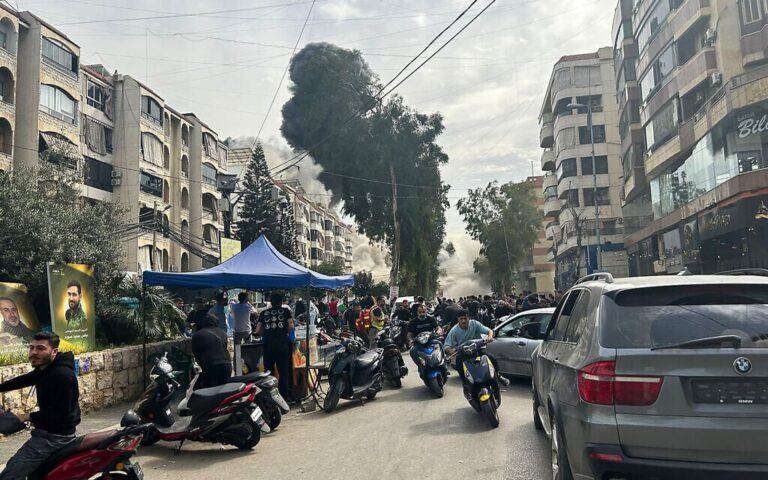NATO Secretary-General Jens Stoltenberg reaffirmed the military alliance’s commitment to Ukraine on Tuesday, saying that the war-torn nation will one day become a member of the world’s largest security organization.
Stoltenberg’s remarks came as U.S. Secretary of State Antony Blinken and his NATO counterparts gathered in Romania to drum up urgently needed support for Ukraine aimed at ensuring that Moscow fails to defeat the country as it bombards energy infrastructure.
“NATO’s door is open,” Stoltenberg said. “Russia does not have a veto” on countries joining, he said in reference to the recent entry of North Macedonia and Montenegro into the security alliance. He said that Russian President Vladimir Putin “will get Finland and Sweden as NATO members” soon. The Nordic neighbors applied for membership in April, concerned that Russia might target them next.
“We stand by that, too, on membership for Ukraine,” the former Norwegian prime minister said.
In essence, Stoltenberg repeated a vow made by NATO leaders in Bucharest in 2008 — in the same sprawling Palace of the Parliament where the foreign ministers are meeting this week — that Ukraine, and also Georgia, would join the alliance one day.
Some officials and analysts believe this move — pressed on the NATO allies by former U.S. President George W. Bush — was partly responsible for the war that Russia launched on Ukraine in February. Stoltenberg disagreed.
“President Putin cannot deny sovereign nations to make their own sovereign decisions that are not a threat to Russia,” he said. “I think what he’s afraid of is democracy and freedom, and that’s the main challenge for him.”
Even so, Ukraine will not join NATO anytime soon. With the Crimean Peninsula annexed, and Russian troops and pro-Moscow separatists holding parts of the south and east, it’s not clear what Ukraine’s borders would even look like.
Many of NATO’s 30 allies believe the focus now must solely be on defeating Russia, and Stoltenberg stressed that any attempt to move ahead on membership could divide them.
“We are in the midst of a war and therefore we should do nothing that can undermine the unity of allies to provide military, humanitarian, financial support to Ukraine, because we must prevent President Putin from winning,” he said.
During the two-day meeting, Blinken will announce substantial U.S. aid for Ukraine’s energy grid, U.S. officials said. Ukraine’s network has been battered countrywide since early October by targeted Russian strikes, in what U.S. officials call a Russian campaign to weaponize the coming winter cold.
“We are all paying a price for Russia’s war against Ukraine. But the price we pay is in money,” Stoltenberg said Tuesday, “while the price Ukrainians pay is a price paid in blood.”
The meeting in Romania — which shares NATO’s longest land border with Ukraine — is likely to see NATO make fresh pledges of nonlethal support to Ukraine: fuel, generators, medical supplies, winter equipment and drone-jamming devices.
Individual allies are also likely to announce fresh supplies of military equipment for Ukraine — chiefly the air defense systems that Kyiv so desperately seeks to protect its skies — but NATO, as an organization, will not, to avoid being dragged into a wider war with nuclear-armed Russia.
The ministers will hold a working dinner with their Ukrainian counterpart, Dmytro Kuleba, on Tuesday evening.
The foreign ministers of NATO candidates Finland and Sweden are joining the talks. NATO is eager to add the two Nordic nations to the defensive forces lined up against Russia. Turkey and Hungary are the holdouts on ratifying their applications. The 28 other member nations have already done so.
On Wednesday, the ministers will also address ways to step up support for partners who officials have said are facing Russian pressure — Bosnia, Georgia, and Moldova.
(AP)

